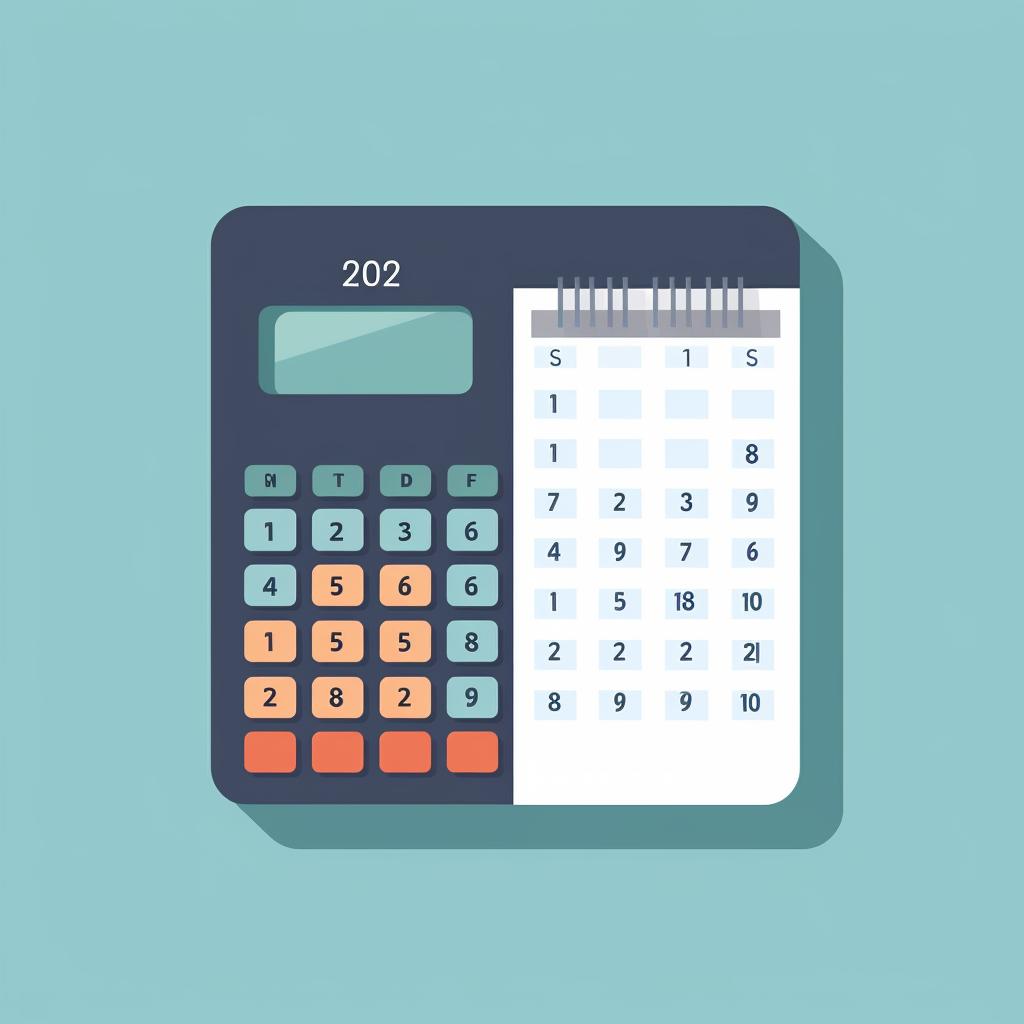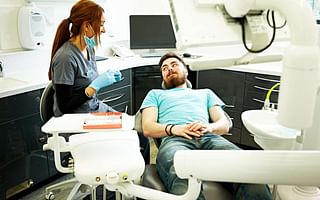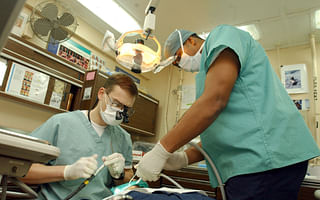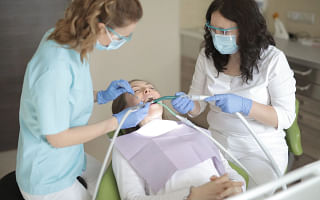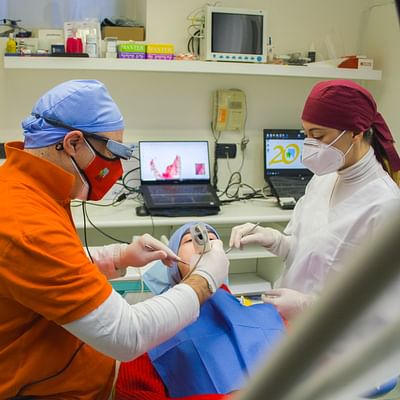Deciding Between DDS and DMD: A Step-by-Step Guide
Embarking on a career in dentistry is a significant decision that requires careful consideration and planning. Our step-by-step guide above offers a structured approach to help you decide between DDS (Doctor of Dental Surgery) and DMD (Doctor of Dental Medicine) programs. However, understanding the importance of dental board exams and the difference between DDS and DMD can further clarify your path.
Both DDS and DMD degrees equip you with the necessary skills and knowledge to practice dentistry. However, the choice between the two can often come down to personal preference, career goals, and the specifics of the curriculum offered by different schools. It's important to identify your interests early on, as this will guide your decision-making process.
Further, researching the curriculum and training of both programs is crucial. While both degrees cover similar coursework, some schools may offer unique electives or specializations that align with your career goals. For instance, if you're interested in pediatric dentistry, you might want to understand the differences between BDS and MDS in pediatric dentistry.
Considering the duration and cost of both programs is another essential step. While DDS and DMD programs often have similar durations and costs, there may be differences depending on the school. Our guide on top dental schools can provide valuable insights in this regard.
Speaking to professionals who have either degree can offer invaluable perspectives. They can share their experiences, challenges, and rewards, providing you with a realistic view of what to expect. Lastly, reflecting on your long-term career goals will help you decide which degree will better serve these goals.
Remember, the journey to becoming a dentist is a marathon, not a sprint. Take your time, do your research, and make an informed decision. Your future self will thank you.



